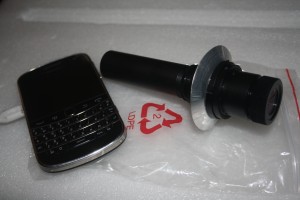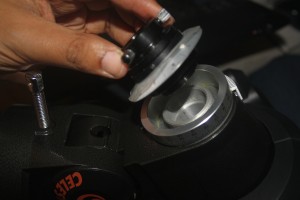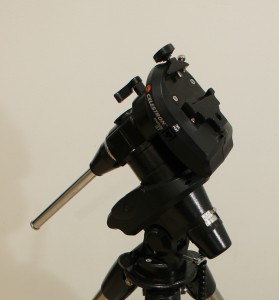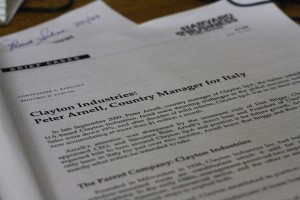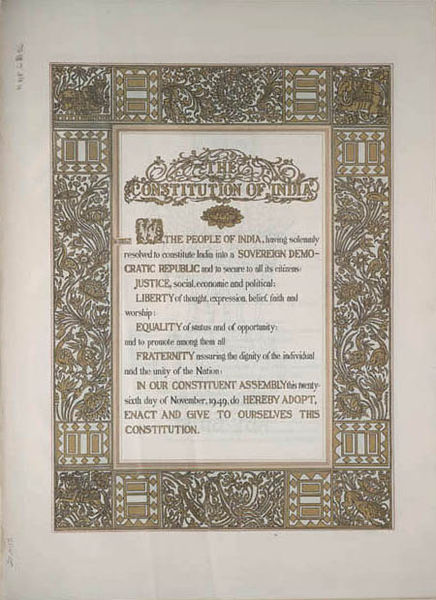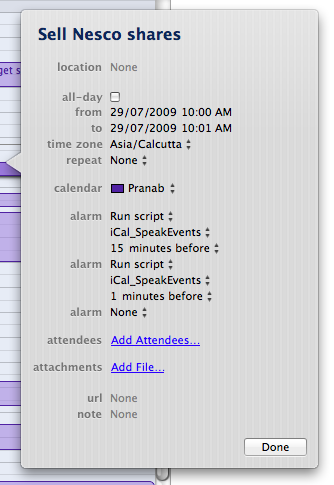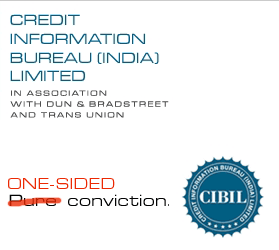This is an original free case-study I wrote for a class on Business Ethics. Feel free to use this in any way you like. All I request is that if you do use this case study (or a derivative of this case) in any way, please drop me a message with a link. Thanks!
Overtures and Undertones at the Workplace: an Ethical Dilemma
Rajat Sharma settled into his chair at the office. It was going to be one of those late nights again. Although he was the CEO and Owner of Globodyne Software, Inc., tonight he had sent the staff home and was alone in his office at Calcutta, waiting for an important conference call with a client based in Columbus, Ohio. This was not unusual, as Globodyne, Inc. was a small software firm, and things were run pretty informally. Bored of reviewing his notes for the meeting, Sharma checked his mobile phone. There was one new text message, from his project manager Anita Vohra. “Sir, I have mailed you some pics of mine. Let me know what you think of them.†Puzzled, Sharma logged into his work e-mail. To his surprise, he found that Anita had mailed him five pictures of herself, in which she was wearing practically nothing. The meeting was just five minutes away, but, as he looked at the pics, Sharma realised the meeting was now the least of his problems.

A year ago, Rajat Sharma had started Globodyne Software, Inc., in a small rented flat in Calcutta. While still at his day job, he had assembled a team of his friends from college to launch his own venture. Working for Sharma, they had developed Aegis, an security software application that was Globodyne, Inc.’s flagship product today. The Aegis software was a runaway success, and within a year it had over a million users in over 40 countries.
Despite its fledging success, Globodyne, was still a very small company with only seven full-time employees. When he needed more employees, Sharma just hired people he knew from his college days, or by references, and managed the HR functions himself.
As the software market moved towards the Software as a Service (SaaS) model, Globodyne, had just launched Medusa, an expensive project to develop a cloud-based data encryption application. The development was being outsourced to four teams, located in Ukraine, South Africa and America. To manage this complex and expensive project, Sharma had hired Anita Vohra, a smart, self-assured and good-looking MBA with a few years of project management experience.
Anita turned out to be good at her complex job, and she efficiently coordinated the efforts of Globodyne’s multiple design, development and testing teams around the world. The Medusa project was Sharma’s largest investment and his biggest bet for the future. Things were going really well, until today’s e-mail with her nude photographs attached.
Sharma’s thoughts wandered to the conversations he had had with Anita in the office. Had he encouraged her in any way? Globodyne, Inc. had a young workforce, and the average employee age at the office was 24. Since all his employees and himself were so young, Sharma had always encouraged an open and friendly atmosphere at work. He would often have friendly chats with the employees, and they would all have lunch together. He would often lend a sympathetic ear to his employees’ troubles – but now it seems his gestures had been badly misinterpreted. Had he brought this on himself? Had he misled Anita by his behavior?
Globodyne was a small company, and had no pre-existing HR policies against workplace relationships. Moreover, Sharma had been deeply involved in his venture for a year now, and that left no time for a personal life. Neither was he married, nor did he have a girlfriend; he was single. However, he knew there was no question of encouraging Anita further. As a boss, he believed he had a fiduciary relationship towards his employees, and a relationship with a subordinate could be a breach of trust, and at worst it could even expose him to claims of favouritism, or even sexual harassment.
For a moment Sharma considered ignoring the incident. If he didn’t respond or mention the matter to Anita, hopefully she would get the hint and refrain from such improper suggestions. On the other hand, he had his doubts. Wouldn’t ignoring this incident embolden Anita and encourage further such behaviour? Sharma remembered some advice his mentor had given him in a different context, but which seemed applicable here – “never leave problems to growâ€. Would his silence tonight be read as acceptance tomorrow?
“So,†Sharma felt, “I should say no.†He did like Anita, after all she was smart and pretty, and he could definitely do with a girlfriend in his life – but somewhere inside he knew the right answer was no.
But could he reject her advances without affecting her work performance? By e-mailing him nude pictures, Anita had already crossed an unprofessional line. In such a situation, rejecting her outright handling the situation indelicately would affect her morale, and more importantly, her work on the Medusa project. That project was too important and too expensive. If Medusa failed, Globodyne would have to bear heavy losses, as well as be unprepared for future customer demands. Would it not be better to play along for the time being?
As he pondered his response to his employee e-mailing him nude pictures of herself, Sharma leaned back in his office chair. He couldn’t say yes, since it would be immoral. He couldn’t say no, since it could affect his expensive project. And he couldn’t ignore it either. As his phone rang for the conference call, Sharma felt caught between the devil and the deep sea.












